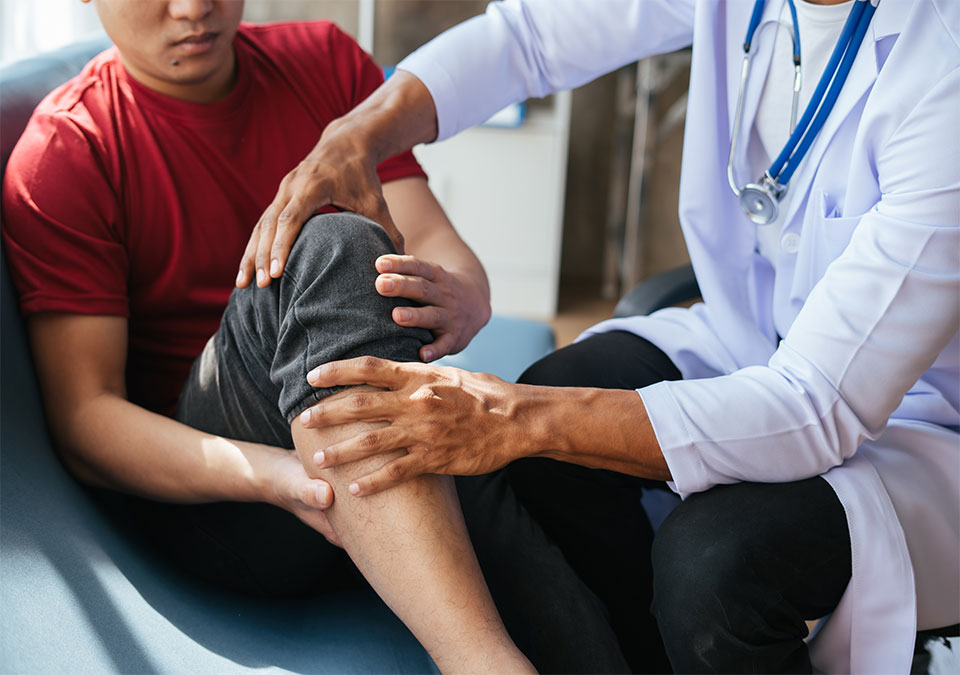
A college student twisted her ankle during intramural softball. She scheduled an appointment with her doctor. During the exam, she displayed symptoms of a mild sprain. Her PCP wrapped her ankle and recommended rest, ice, elevation, and pain relievers.
That’s sports medicine.
Primary care doctors often see sports-related injuries across age groups. While they know how to treat many of these concerns, it helps to understand sports medicine to ensure they can provide high-quality care.
Common Sports-Related Injuries
Many people experience a sports injury at some point, including avid exercisers, weekend warriors, or those working physical jobs. PCPs and sports medicine specialists come across a range of injuries and conditions, including:
- Tendonitis
- Cardiovascular conditions
- Osteoarthritis
- Concussions
- General pain in limbs and joints
- Pinched nerves
- Sprains
- Dislocations
- Dermatological concerns
- Sport-specific injuries
Primary care doctors can provide sports injury treatment, including medications, exercise plans, or at-home recommendations. When necessary, they can refer patients to other departments.
What’s the Difference Between a PCP and a Sports Medicine Specialist?
When it comes to sports medicine, PCPs may have different knowledge levels. That’s because there is no specific “specialty” track for it. Instead, sports medicine doctors have backgrounds in other specialties and then do a sports medicine fellowship.
General PCPs can also treat many sports-related injuries because of their extensive training. However, sports medicine specialists focus on the following areas:
- Injury prevention
- Diagnoses
- Custom, nonsurgical treatment plans
- Referrals to other departments as necessary
They may also be “team doctors” for high school, college, or professional teams.
Staying Up-to-Date With Sports Medicine
Whether you’re a sports medicine specialist who needs a refresher or a PCP expanding their knowledge, continuing medical education (CME) can help.
Keep up with the latest sports medicine developments, treatments, and best practices with in-person and online CME.
> Browse Sports Medicine Conferences
> Get Sports Medicine CME On Demand

